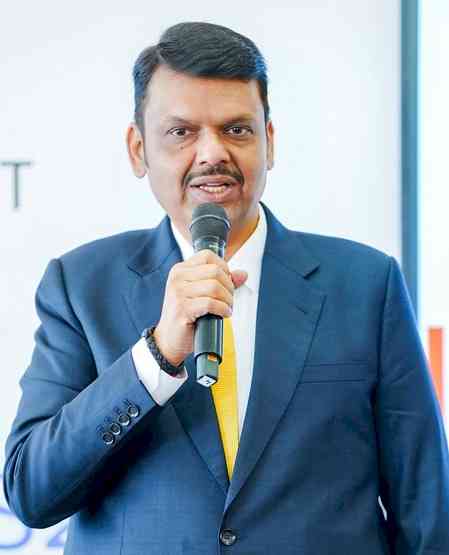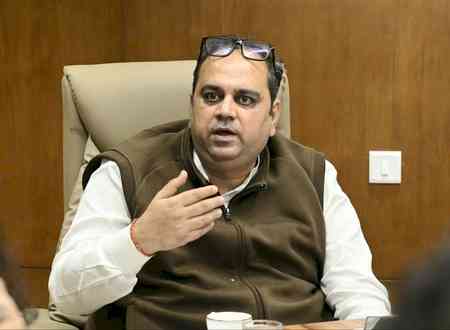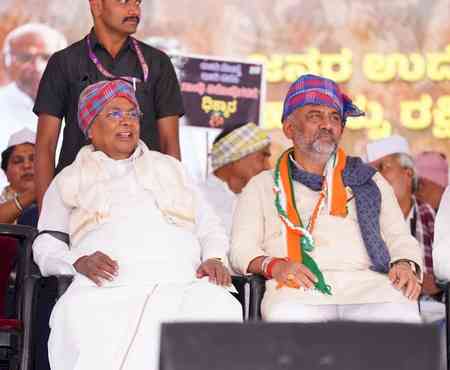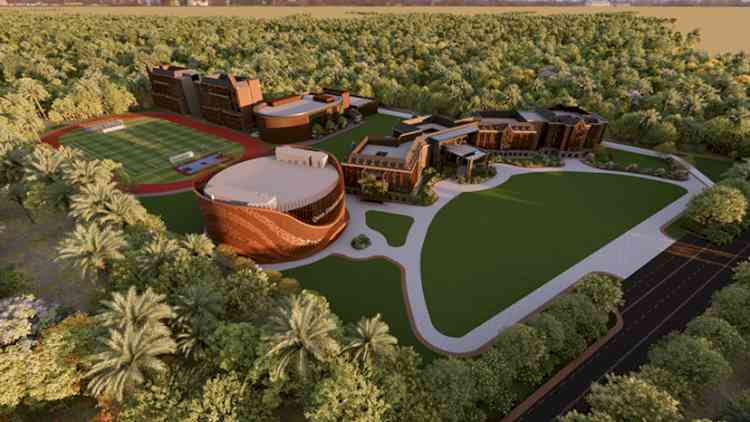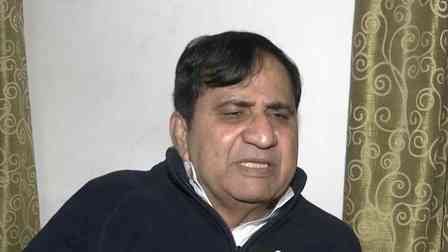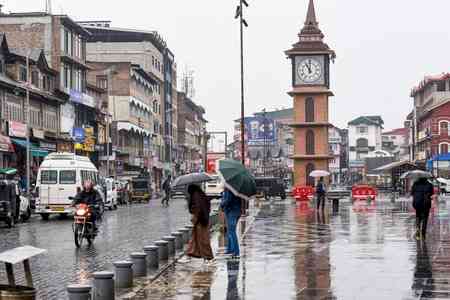Delhi HC issues notice on plea against BCI notification on foreign law firms, lawyers
New Delhi, Feb 9 (IANS) The Delhi High Court on Friday issued notice on a plea challenging a notification by the Bar Council of India (BCI), which allowed the entry of foreign law firms and lawyers in India.
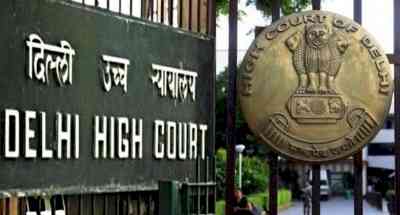
Acting Chief Justice Manmohan and Justice Manmeet Pritam Singh Arora have sought responses from the BCI and the Centre on the plea against the notification issued on March 10 last year.
Contesting its validity, the plea by several lawyers enrolled with the Bar Council of Delhi (BCD), argue that the notification is ultra vires the provisions of the Advocates Act, 1961, and subsequent amendments.
Counsel for the petitioners Senior Advocate Rajesh Tikku, pointed out that the impugned notification contradicts the Supreme Court's ruling in Bar Council of India vs. A.K. Balaji & Ors (2015), which prohibits foreign law firms or lawyers from practicing in India, whether in litigation or non-litigation matters.
Tikku said that the BCI lacks the authority to permit the entry of foreign lawyers who are not enrolled as advocates under the Advocates Act, and the notification violates statutory provisions.
In defence, BCI's counsel, Advocate Preet Pal Singh, referred to the rationale behind the notification, arguing that foreign lawyers would be subject to BCI's regulation and supervision, ensuring compliance with ethical standards.
Singh said that foreign lawyers would have limited rights and their practice would be strictly monitored by the BCI.
The plea seeks to restrain the BCI and the Union government from enforcing the notification and from allowing any foreign law firms or lawyers to establish offices and practice in India.
It says that the BCI lacks the authority under the Advocates Act to permit foreign lawyers or law firms to enter India and to recognise them as advocates.
The petitioners contend that foreign lawyers and law firms cannot be enrolled as advocates under the Advocates Act, and permitting them to practice law, even in non-litigious matters, is illegal and contrary to the Act.
The matter has been scheduled for the next hearing in April.


 IANS
IANS 
